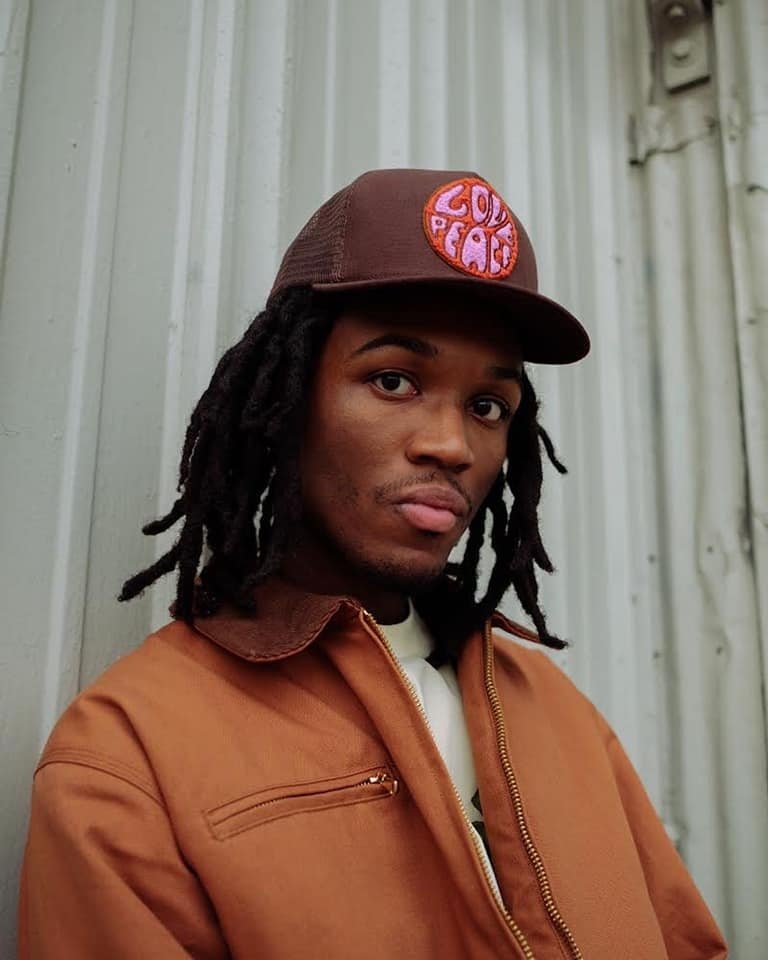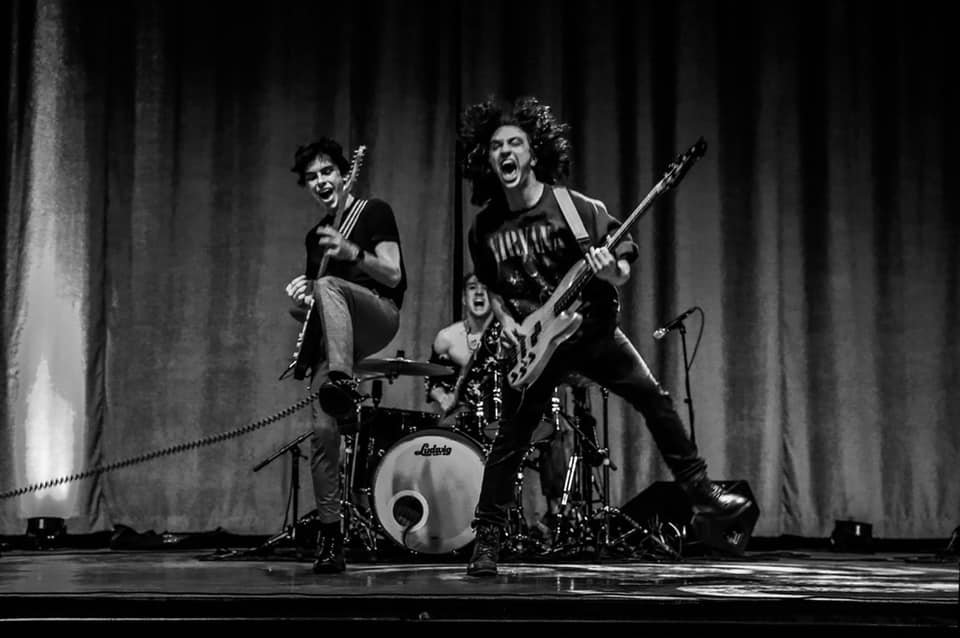1) Saba, “Few Good Things” / One of hip-hop’s most complete young artists delivers his strongest statement to date. “Few Good Things” is a supremely soulful affair, marked by simple yet enveloping arrangements that frame Saba’s thoughtful and affirming delivery.
2) Wild Rivers, “Sidelines” / This Toronto collective makes lovely, perceptive folk-rock that possesses wide appeal yet always chooses the more interesting fork in the road. This set—with its gliding rhythmic gestures—will move the body, but is more interested in doing spiritual repair through rich melodies and surrounding harmonies.
3) Bleach, “Growing Pains” EP / Finally caught up with this St. Louis trio’s five-song set from 2021—which absolutely would have ranked near the top of my year-end Missouri music list had I been quicker. Sometimes you just need a super-charged dose of anthemic rock and roll, and Bleach provides such a remedy. These songs remind me of the brief best of Kings of Leon’s catalog, without indulging any of the self-seriousness which weighs down that band.
4) Shemaiah Gonzalez, “Ice Cube's 'Good Day' taught me how to pray the Examen” for National Catholic Reporter / I’ve been eagerly awaiting this piece since my friend Shemaiah Gonzalez teased it months ago—and it doesn’t disappoint. I often write about pop culture as prayer, and Gonzalez makes a distinct, ultimately nourishing connection between ‘90s West Coast rap and conversation with the Divine. This is the sort of earnest, all-in commentary I live to read and write:
This prayer seemed familiar. Isn't this what Ice Cube taught my generation all those years ago? He rapped to his audience as if we were his friends. In a conversational tone, he walked us through his day. He showed us how to notice when we felt the most alive.
But now, as I prayed the prayer, I realized that these moments are when God is most present. Now, I knew who to thank and praise.
5) Katherine Lucky, “A Lost Language” for The Point / Lucky’s short essay is, ostensibly, a review of Colette Brooks’ Trapped in the Present Tense, a book I haven’t read. No matter. That work is the springboard for Lucky’s reflections on how we measure time, weigh memory and equip ourselves to be more grounded, engaged citizens of our respective worlds. This passage is one of several that floored me, and begs for a return reading:
We can’t do the work of collective remembrance, then, without making personal connections. The media’s yearly retrospectives merely present our data: what trended, what we clicked. But we must always evaluate the aggregate for ourselves. Where was I? How did that feel to me, and those I loved? That’s not selfish. It’s only human.



